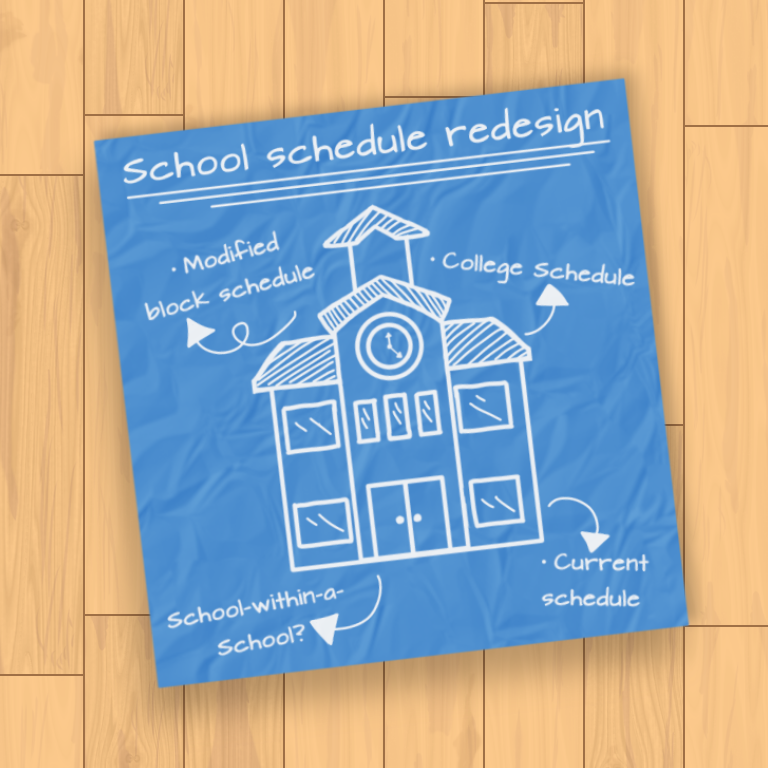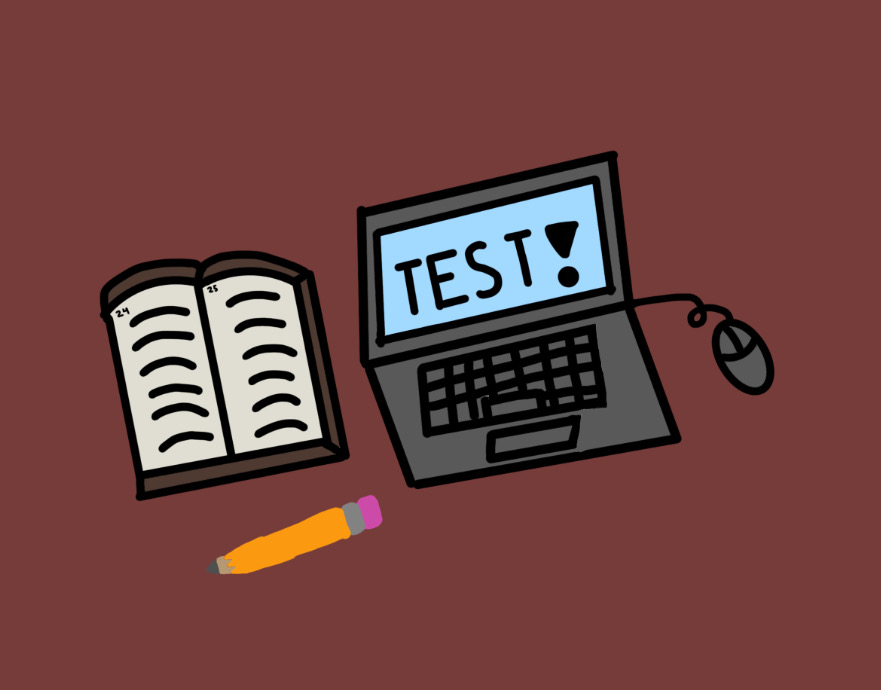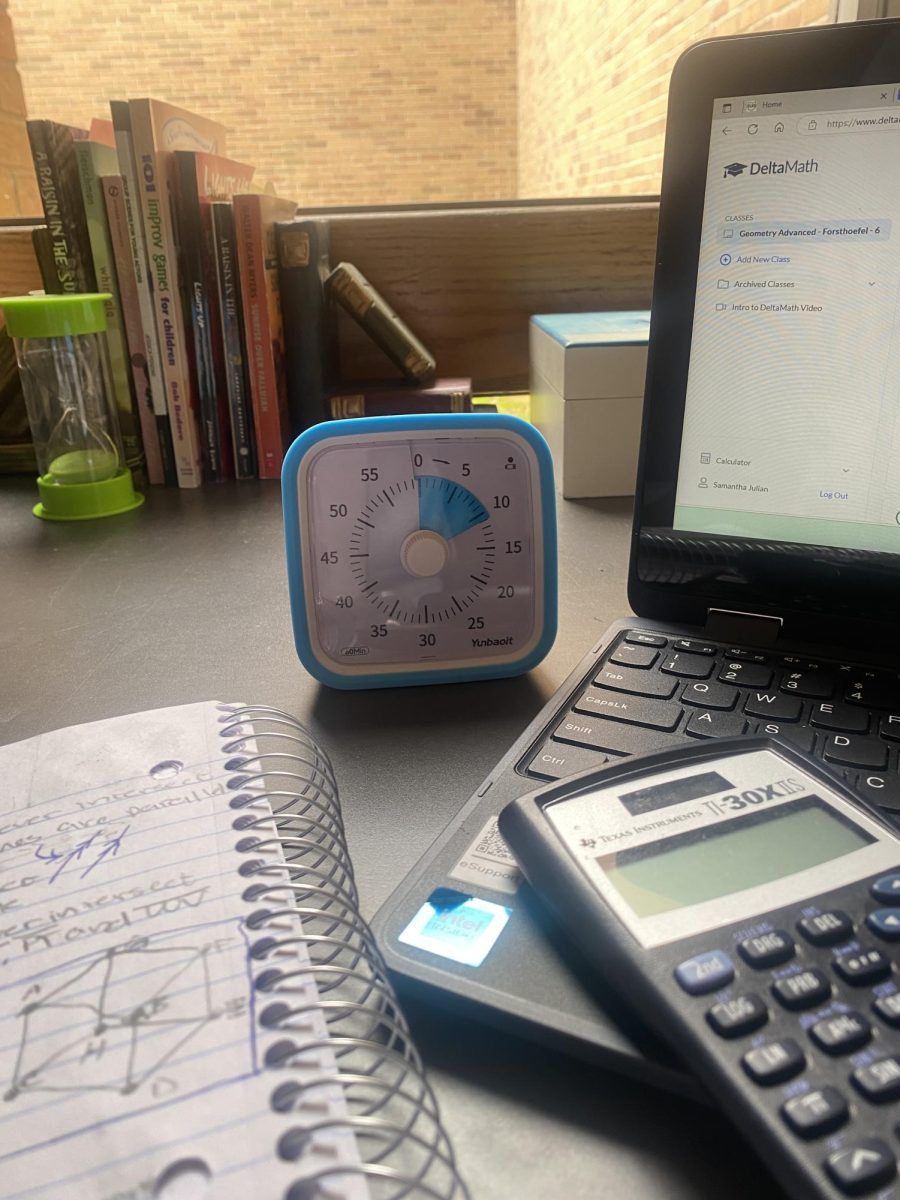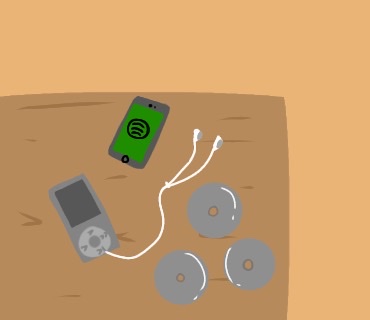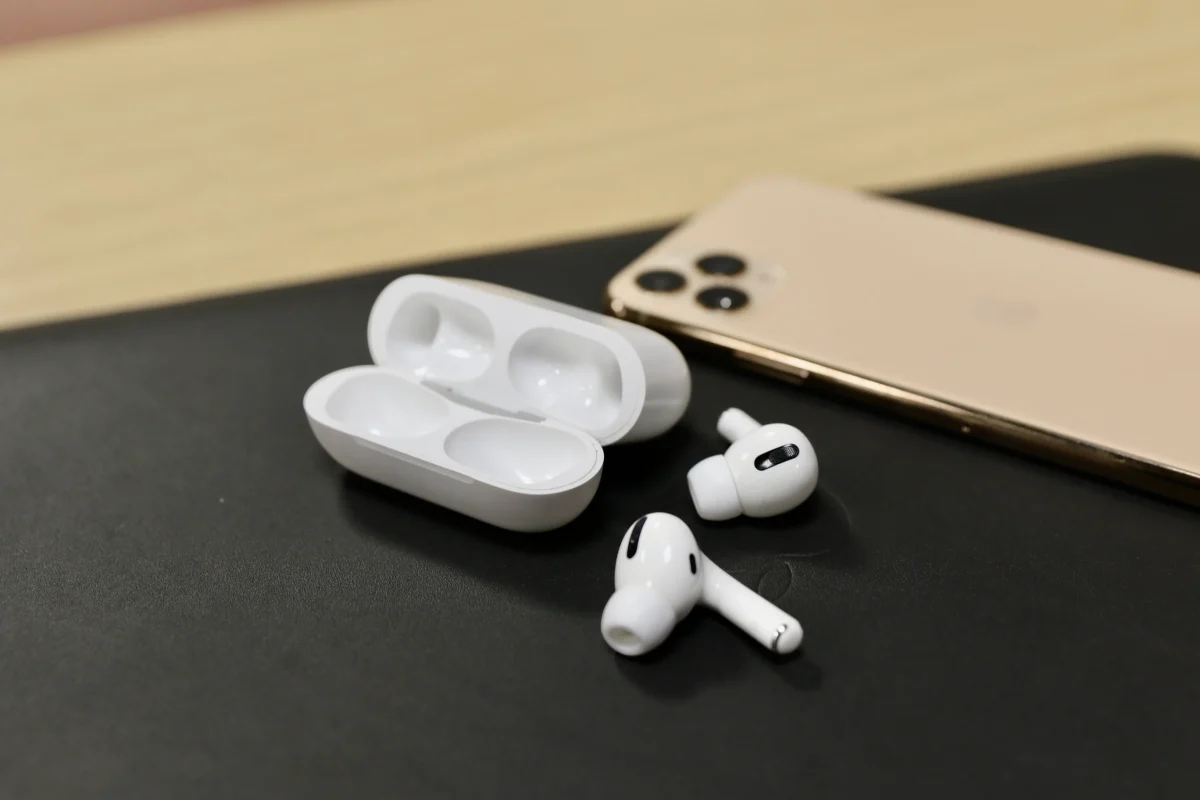I remember being so excited the first time purchasing my brand-new AirPods specifically for panic attacks. The first week of getting them I ended up having a panic attack in school, so I used the music my Airpods provided to drown the unwanted voices out. Then my Airpods were taken. Why would they do that?
Well, it’s our policy: “Phone/headphones must NOT BE VISIBLE DURING SCHOOL HOURS!” is how our school’s headphones and cell phones policy currently reads. The whole role of this is to keep phones put away during the school day to prevent distraction and cyberbullying. This policy wasn’t necessarily made to limit people listening to music on earbuds. Even though some teachers allow earbuds in class, our school policy says they shouldn’t. But what if your phone isn’t involved? Is it okay to listen to music if your headphones are connected to your computer? That should be allowed. Our policy should change so students can listen to music if it is connected to their computer.
Why? The issue is, some kids use earbuds and personal cell phones to help them when they’re going through difficult patches in their lives. In the High School, most teachers don’t allow Airpods in their class. This makes sense, because they need their students’ full attention, but the teachers don’t get that music may help their students focus on their assignments, rather than causing a distraction. When students are doing work after the teacher has taught the lesson, music will help them to focus.
Music can make students experience a lot of emotions. Depending on what music you may be listening to, music can express different emotional feelings. According to Lola Eiler, “Depending on the melody, rhythm, and lyrics, music allows you to experience several different emotions.” She feels as if music can help express emotions, which some kids often struggle with. As some are more closed off, music can help them express their better selves. For some teens, it may be their only way to express their feelings. Singing along to their favorite song could be their way of coping with difficult issues in their life.
Music is a big thing that helps students memorize and focus during class. According to How Music Affects Memory and Concentration – Levine Music, music can affect the parts of the brain to help us memorize new and old things. That could help students a lot when it comes to tests, homework, or even classwork. Even just letting them use their school computers to connect to their device could play a big role in how students learn. Which would improve grades and test scores for most kids at the high school. Which better scores for state testing could improve how people see the education views on the school and decide to send their students here.
This policy change would be a first step, but ideally, kids should be able to listen to music from their phones–which would mean a big change to the cell phone policy. While we are waiting for that to happen, (haha), this would at least be a first step.
Being at Harrison High School can be a nightmare for big AirPod users. Since the school doesn’t allow them to be used, it’s difficult for them to get through the harder times in life. Keeping kids from their coping skills can lead to a lot of negative consequences. As many kids use this as their main way to help them, it could hurt teens not being able to listen to music. A twist to the school’s headphone and cell phone policy could help to allow headphones when the teacher is not teaching and in the hallways, not affecting the student’s learning time. If the administration could agree with the students to come up with a fair policy on both, our school would be a lot better for big music listeners.


